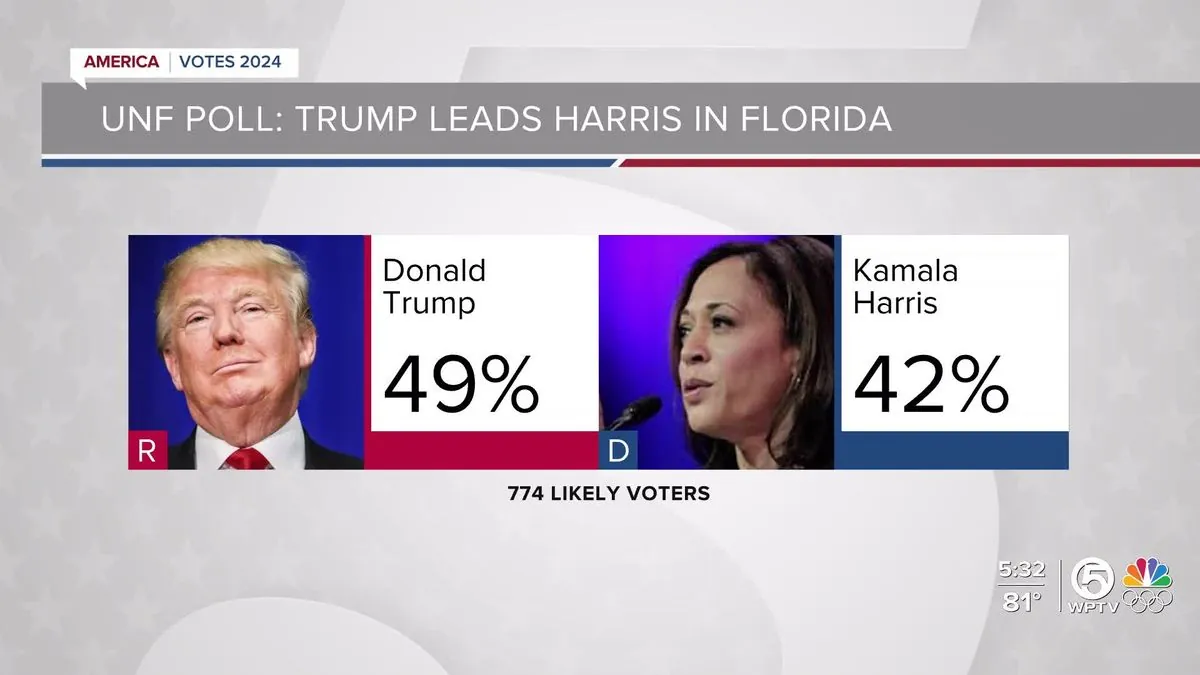Donald Trump has launched a television advertisement targeting Vice President Kamala Harris, focusing on her role as "border czar" and criticizing her record on immigration. The ad, which portrays a grim picture of drugs, crime, and terrorism, concludes with the statement: "Failed. Weak. Dangerously Liberal."
This approach is not unexpected, as immigration has been a central theme for Trump since his initial presidential run in 2015. However, the roots of this anti-immigrant rhetoric in Republican politics can be traced back to California in the 1990s, a period when nativism, law enforcement, and partisanship converged following the end of the Cold War.
For much of the 20th century, the Republican Party had a strong pro-immigration tradition. President Ronald Reagan even signed a bipartisan reform in 1986 that granted amnesty to nearly 3 million undocumented immigrants. However, the party's stance began to shift rightward in the early 1990s, starting in California.
During this time, California faced numerous challenges:
- Major cities struggled with drug epidemics and gang violence
- Urban areas experienced significant decay
- The state entered an economic recession
- Unemployment rates increased
Many white Californians began to blame immigrants for these issues. Key figures in this shift included:
- Daryl Gates, Los Angeles Police Chief, known for harsh policing tactics
- Pete Wilson, California Governor, who championed Proposition 187
- Barbara Coe, founder of the California Coalition for Immigration Reform
Proposition 187, passed in 1994, aimed to deny public services to undocumented immigrants. This marked a turning point in Republican immigration rhetoric, which soon spread nationally.
"They keep coming."
The Immigration and Nationality Act of 1965 had significantly changed US immigration policy, leading to increased diversity in California's population. This demographic shift, combined with economic challenges, fueled anti-immigrant sentiment.
National Republicans adopted this rhetoric, with figures like Newt Gingrich pushing for welfare reform that restricted benefits for non-citizens. The Personal Responsibility and Work Opportunity Reconciliation Act of 1996 reflected this shift in policy.
Subsequent events, including the 1993 World Trade Center bombing, the 1995 Oklahoma City attack, and the 9/11 attacks, further tightened restrictions on immigrants through counterterrorism legislation.
While President George W. Bush attempted to pursue immigration reform in his second term, Congressional Republicans blocked these efforts. The party's stance continued to harden, culminating in Trump's presidency, which saw policies such as:
- Travel ban on several Muslim-majority countries
- Family separation at the border
- Increased deportations
- Construction of a border wall
- Attempts to end DACA (overturned by the Supreme Court)
As Vice President Harris faces these attacks, she has an opportunity to reframe the immigration debate. Her personal story as the daughter of immigrants from Jamaica and India could be a powerful counter-narrative to anti-immigrant rhetoric.
Harris could challenge the veracity of Trump's claims while emphasizing the vital role immigrants have played in American history. This approach could potentially lead to a more balanced discussion of immigration policy, including both border control measures and pathways to citizenship.
As the 2024 election approaches, the immigration debate continues to evolve. The candidate from California, where the rightward shift began three decades ago, now has the chance to steer the nation in a new direction on this crucial issue.
